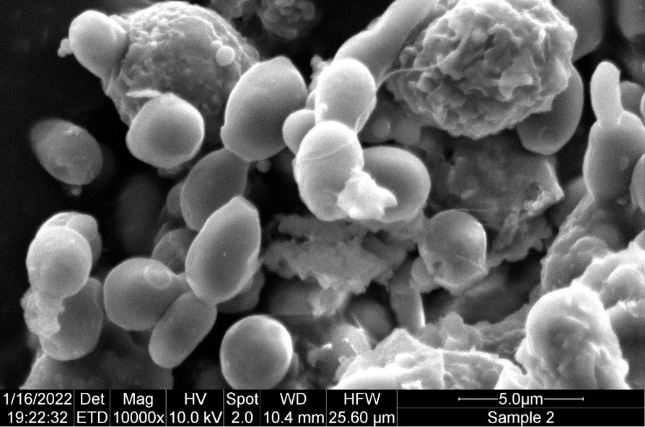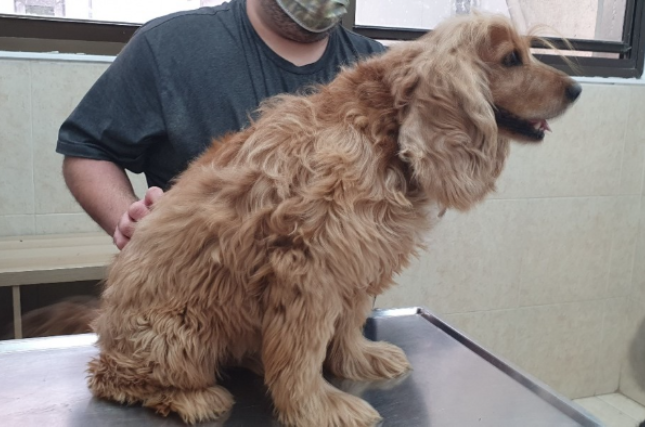
November 3, 2025 – Best known for their role in allergies and asthma, eosinophils (white blood cells) have now been found to help protect the body against Candida albicans, among the most dangerous human fungal infections, according to a new study by the Hebrew University of Jerusalem (HU).
Invasive Candida infections are notoriously difficult to treat and remain a serious threat in hospitals worldwide. By demonstrating that eosinophils also play a protective role, this research opens the door to new therapeutic strategies that could strengthen the body’s natural defenses.
The study, published in Nature Communications, identifies CD48, a key receptor on eosinophils, as central to this defense. It was conducted under the guidance of Prof. Francesca Levi-Schaffer from the HU School of Pharmacy and led by Ph.D. candidates Ilan Zaffran, Prince Ofori, and postdoctoral fellow Pratibha Gaur.
CD48 binds to a fungal surface protein known as Als6, enabling eosinophils to recognize and respond to infection. This interaction triggers the release of powerful proteins, including major basic protein 1 (MBP-1), that limit fungal growth and survival.
By defining a new CD48–Als6 pathway, the study points to future possibilities for therapies that boost natural immunity. Harnessing the protective potential of eosinophils could one day enhance treatment for patients vulnerable to invasive Candida disease.
“This work changes the way we think about eosinophils,” the researchers said. “Far from being only culprits in allergic disease, they may actually be allies in fighting dangerous infections.”
The research paper titled “Eosinophil 1 CD48 interactions with Candida albicans Als6 is protective in vitro and in mouse systemic candidiasis” is now available in Nature Communications and can be accessed here.
Researchers:
Ilan Zaffran1, Pratibha Gaur1, Prince Ofori1, Yoav Charpak-Amikam2, Hadas Pahima1, David Shasha3, Nir Osherov4, Bernhard Hube5,6, Ronen Ben-Ami3, Julian R. Naglik7, Ofer Mandelboim2, Joana Vitte1,8, Francesca Levi-Schaffer1
Institutions:
- Pharmacology and Experimental Therapeutics Unit, School of Pharmacy, Institute for Drug Research, Faculty of Medicine, Hebrew University of Jerusalem
- The Concern Foundation Laboratories at the Lautenberg Center for Immunology and Cancer Research, Institute for Medical Research Israel-Canada (IMRIC), Hebrew University Medical School, Jerusalem
- Infectious Diseases Unit, Tel Aviv Sourasky Medical Center; Sackler School of Medicine, Tel-Aviv University
- Department of Clinical Microbiology and Immunology, Sackler School of Medicine, Tel-Aviv University
- Department of Microbial Pathogenicity Mechanisms, Leibniz Institute for Natural Product Research and Infection Biology – Hans Knoell Institute, Jena, Germany
- Institute of Microbiology, Friedrich Schiller University, Jena, Germany
- Centre for Host-Microbiome Interactions, Faculty of Dentistry, Oral & Craniofacial Sciences, King’s College London
- Institut Hospitalo-Universitaire (IHU) Méditerranée Infection, Marseille, France
- Montpellier University, Institut Desbrest d’Épidémiologie et de Santé Publique,Institut National de la Sante et de la Recherche Medicale, UMR UA 11, Montpellier, France



